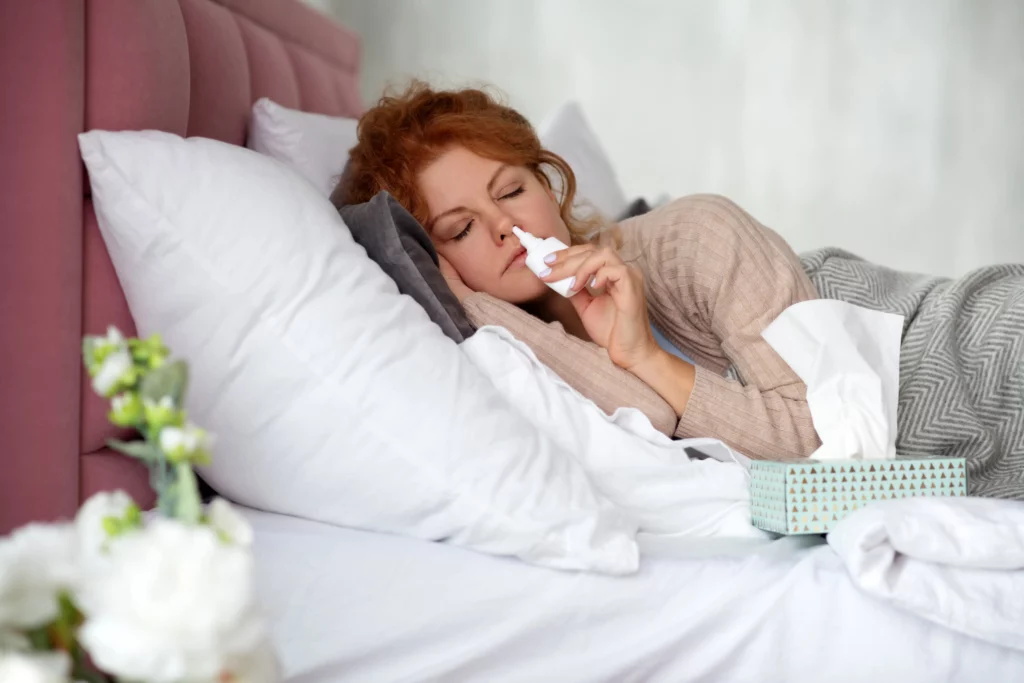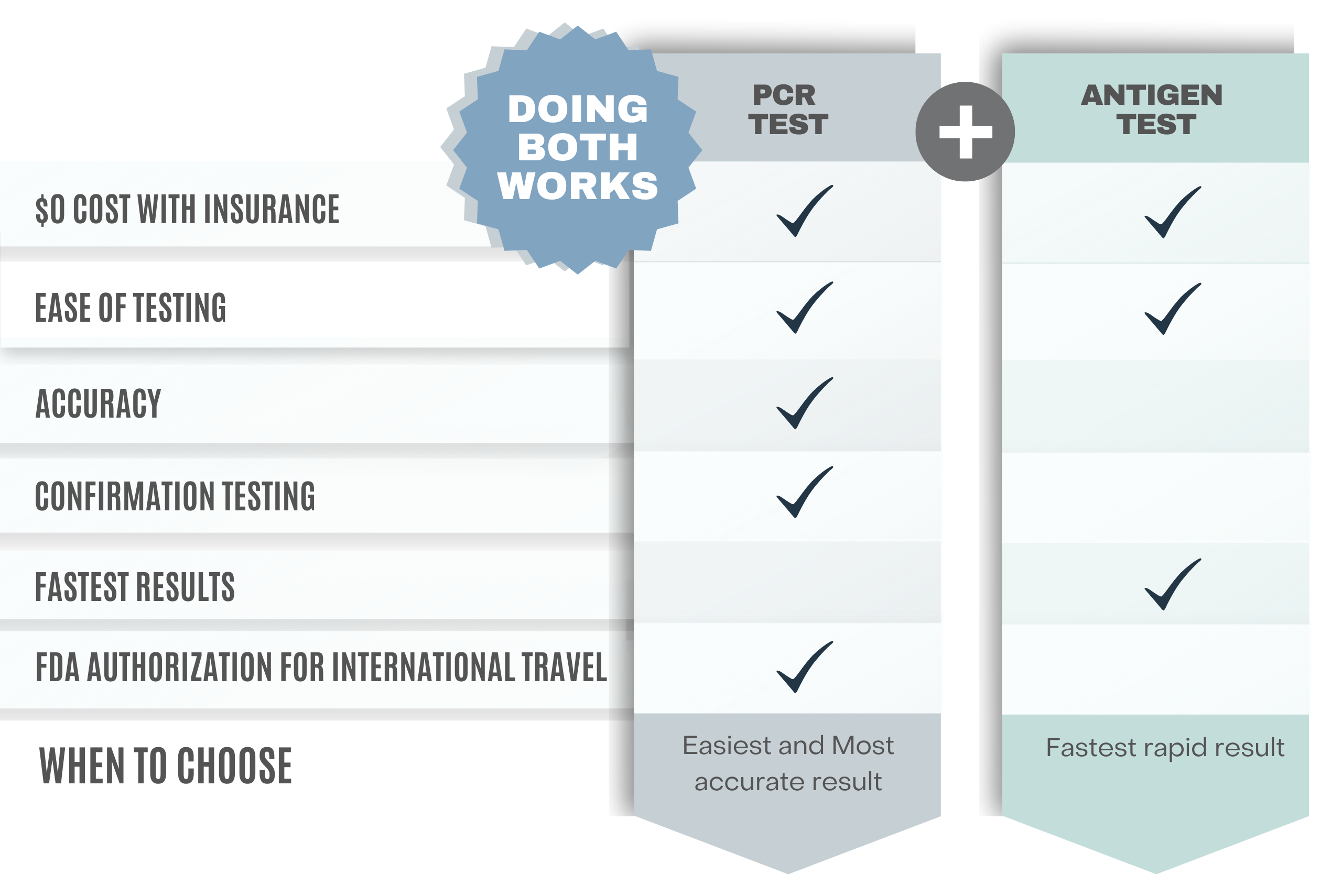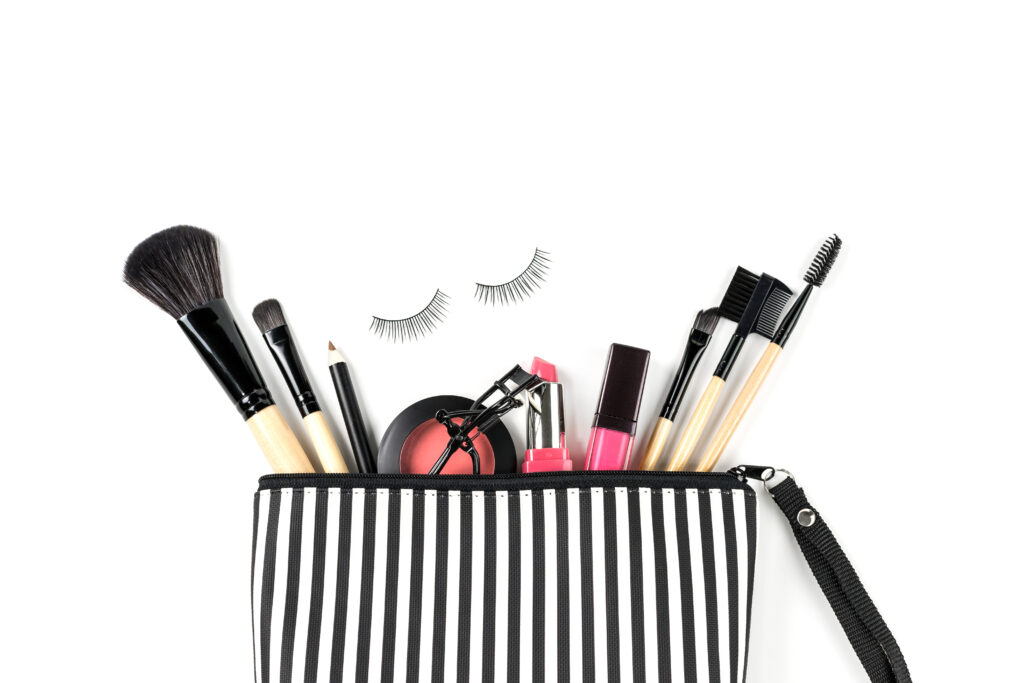
As the winter virus season approaches, many individuals are seeking additional protection against contracting Covid-19. While getting vaccinated and wearing masks are important preventative measures, some people are looking for an extra layer of defense. Nasal sprays have emerged as a potential solution, offering targeted protection precisely where the virus enters the body.
Can Nasal Spray Reduce The Risk of Infection?
In theory, nasal sprays could help reduce the risk of infection before, during, and after events where exposure to Covid-19 is more likely. Several academic labs are currently researching Covid-specific nasal sprays, including long-lasting vaccines and shorter-acting prophylactics. However, it may still be several years before these drugs are widely available.
In the meantime, some people are turning to over-the-counter nasal sprays that claim to protect against various respiratory infections, including Covid-19. These sprays can be purchased from online stores and drugstores in the United States, while others are approved for use in different countries and can be obtained from international manufacturers.
Is This FDA Approved?
It is essential to note that none of these products have been approved by the Food and Drug Administration (FDA) for use against Covid-19. The nasal sprays available in the United States contain ingredients that the FDA has designated as “generally recognized as safe” (GRAS) for use as food additives. While this designation allows these ingredients to be included in other products without seeking approval for each new use, they cannot be marketed as having medical benefits.
Some nasal spray manufacturers have crossed this line and have received warning letters and injunctions from the FDA and Federal Trade Commission for making unverified statements about their sprays’ effectiveness against Covid-19.
Can We Trust the Research thus Far for Nasal Spray
Although there is some research into how these sprays work against Covid-19, most studies are small and conducted outside the United States, often sponsored by the manufacturers. Dr. Eric Topol, the executive vice president of Scripps Research, stresses that the main issue is the lack of data. If these sprays were extensively evaluated in rigorous trials with an adequate number of participants, they could potentially be helpful.
A few nasal sprays are currently being tested in larger clinical trials. If the results are positive, the manufacturers could request FDA approval. However, it is important to note that this process may take years.
How Our COVID Testing Works
3. Collect your sample and send it back to our lab for testing
4. RAPID Results within 15 MINUTES

How Does Nasal Spray Work?
Nasal sprays can work in two main ways to potentially block infection. The first way is by creating a physical barrier over the cells lining the nasal passages. This barrier prevents viruses like the one that causes Covid-19 from attaching to the cells and infecting them. One such ingredient is iota-carrageenan, which has shown some effectiveness in a study of nearly 400 healthcare workers in Argentina. Participants who used a nasal spray containing iota-carrageenan had a lower infection rate compared to those who used a placebo spray.
Another common approach is using antimicrobial ingredients that directly interact with the virus, inhibiting its replication. Nitric oxide is a well-studied antimicrobial, initially tested as a treatment for Covid-19. Studies conducted in England and India showed that a nitric oxide nasal spray reduced virus levels in individuals with mild infections faster than a placebo. However, more research is needed to determine its effectiveness as a prophylactic.
Other nasal spray ingredients such as xylitol and ethyl lauroyl arginate hydrochloride have primarily been studied on cells in a dish and have weaker evidence supporting their efficacy.
Conclusion
Overall, the studies on nasal sprays are promising, but more research is needed, including evaluation of the safety and effectiveness of these ingredients specifically in the nose. It is crucial to consult with healthcare professionals and rely on scientifically proven methods to reduce the risk of Covid-19 transmission.
At Fast Labs, we specialize in providing a wide range of bioanalytical testing services, including fast and efficient Covid-19 testing. Our at-home Rapid Antigen and PCR tests offer convenience and accuracy, allowing you to make informed decisions about your health and protect yourself and your loved ones. Take charge of your health and get tested with Fast Labs today.
FAQ
Nasal sprays are still undergoing research and have not been proven to effectively protect against Covid-19. It is important to rely on scientifically proven methods such as vaccination and mask-wearing.
No, over-the-counter nasal sprays have not been approved by the FDA for use against Covid-19. Manufacturers may have received warning letters for making unverified claims about their sprays’ effectiveness.
Common ingredients found in nasal sprays include iota-carrageenan, nitric oxide, xylitol, and ethyl lauroyl arginate hydrochloride.
Nasal sprays can potentially block infection by creating a physical barrier over the nasal passages or through the use of antimicrobial ingredients that interact with the virus.
It is recommended to consult with healthcare professionals and rely on scientifically proven methods such as vaccination, mask-wearing, and proper hygiene practices to reduce the risk of Covid-19 transmission. Nasal sprays should be used with caution and under professional guidance, as their effectiveness and safety are still being researched.







